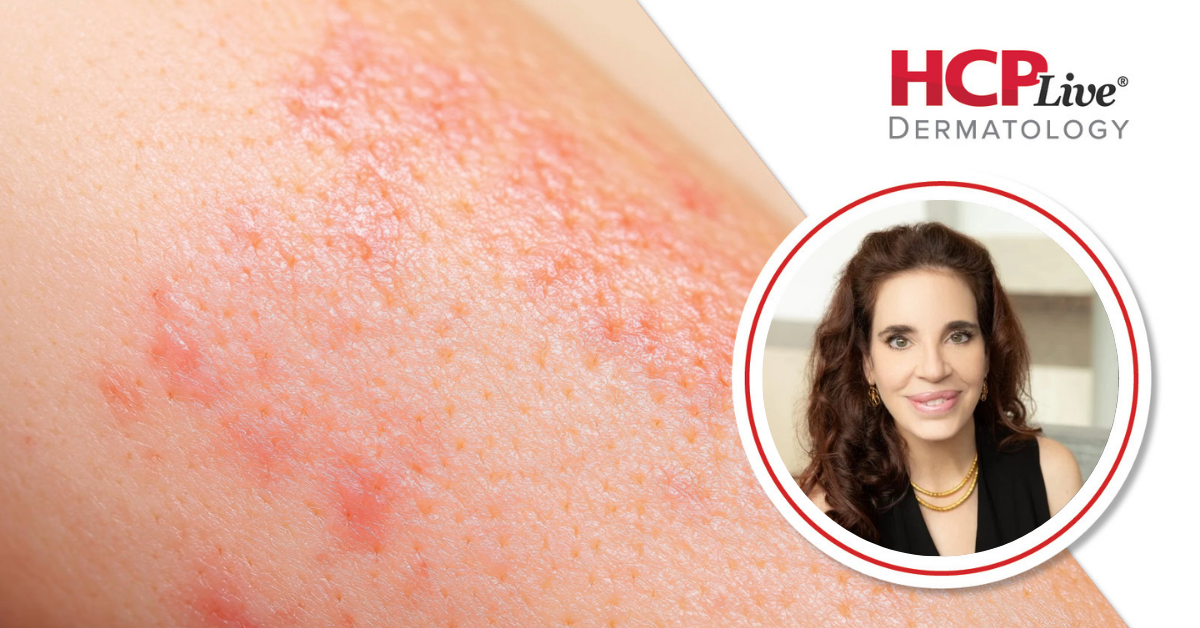Health
Insights from the 2025 SDPA Conference on Dermatology Innovations

The 2025 Fall Conference of the Society of Dermatology Physician Associates (SDPA) in San Antonio, Texas, provided an engaging platform for discussions on the evolving landscape of dermatology. Cynthia Trickett, MPAS, PA-C, a physician assistant at North Dallas Dermatology Associates, shared her insights on the conference and significant developments in dermatological treatment during an interview with HCPLive.
Trickett expressed enthusiasm about the conference, noting a remarkable shift in the industry’s approach towards collaboration. “It’s nice to see the shift in how our industry really wants to partner with us,” she stated. This change reflects a growing recognition of the vital roles that physician assistants (PAs) and nurse practitioners (NPs) play in dermatology, especially as their numbers continue to rise.
During the event, Trickett highlighted the Emerging Scholars initiative, which focuses on training new PAs in dermatology. She emphasized the importance of this program, stating, “These opportunities of learning are so advanced and amazing.” This initiative provides new practitioners with essential knowledge about conditions like psoriasis and psoriatic disease, which she found lacking during her early career.
Strong advancements are being made in the treatment of psoriatic diseases, according to recent data presented at the conference. Trickett noted that healthcare providers are achieving higher clearance rates and setting new benchmarks for the treatment of conditions like psoriatic arthritis. “Clearing skin faster and improving joints faster is always a good thing for our patients,” she explained.
As the conversation shifted to treatment modalities, Trickett addressed the ongoing transition away from long-term use of topical steroids. “There’s been a shift in dogma in using topical steroids, and that’s a good thing for our patients,” she remarked. The long-term side effects of steroids can be severe, and the adoption of safer, more effective topical therapies marks a positive development in patient care.
Trickett elaborated on the shift towards innovative topical treatments, noting that new molecules and safer alternatives are emerging. “These advanced topicals are safer, more elegant, and can be used in areas that we were very scared to use steroids before,” she said. This change is particularly significant for sensitive regions, such as the face and genitals, where long-term steroid use can lead to irreversible damage.
The discussion also covered the topic of topical steroid withdrawal (TSW), with Trickett acknowledging its existence but emphasizing that it is not a common issue in her practice. “We need to be a little more mindful on how much they are using and where else they are getting them,” she advised, highlighting the variety of steroid sources patients may encounter.
Another focal point of the interview was the emergence of topical JAK inhibitors for atopic dermatitis, which Trickett described as revolutionary. “It’s high time that we learn about topical steroid stewardship,” she argued, advocating for better treatment approaches that minimize long-term side effects while improving patient outcomes.
The insights shared by Trickett at the SDPA conference underscore the dynamic changes occurring in the dermatology field. As collaboration between dermatologists, PAs, and NPs continues to strengthen, the future of dermatological care looks promising, with an increasing emphasis on innovative treatments and patient-centered approaches.
These discussions and developments reflect not only the advancements in medical science but also the essential role that healthcare professionals play in shaping the future of dermatology.
-

 Science3 weeks ago
Science3 weeks agoIROS 2025 to Showcase Cutting-Edge Robotics Innovations in China
-

 Politics3 weeks ago
Politics3 weeks agoJudge Considers Dismissal of Chelsea Housing Case Citing AI Flaws
-

 Lifestyle4 weeks ago
Lifestyle4 weeks agoStone Island’s Logo Worn by Extremists Sparks Brand Dilemma
-

 World4 weeks ago
World4 weeks agoBravo Company Veterans Honored with Bronze Medals After 56 Years
-

 Health3 weeks ago
Health3 weeks agoStartup Liberate Bio Secures $31 Million for Next-Gen Therapies
-

 Science4 weeks ago
Science4 weeks agoArizona State University Transforms Programming Education Approach
-

 Health4 weeks ago
Health4 weeks agoTop Hyaluronic Acid Serums for Radiant Skin in 2025
-

 World4 weeks ago
World4 weeks agoHoneywell Predicts Record Demand for Business Jets Over Next Decade
-

 Sports4 weeks ago
Sports4 weeks agoYamamoto’s Mastery Leads Dodgers to 5-1 Victory in NLCS Game 2
-

 Top Stories4 weeks ago
Top Stories4 weeks agoIndonesia Suspends 27,000 Bank Accounts in Online Gambling Crackdown
-

 Sports4 weeks ago
Sports4 weeks agoMel Kiper Jr. Reveals Top 25 Prospects for 2026 NFL Draft
-

 Lifestyle4 weeks ago
Lifestyle4 weeks agoMary Morgan Jackson Crowned Little Miss National Peanut Festival 2025









